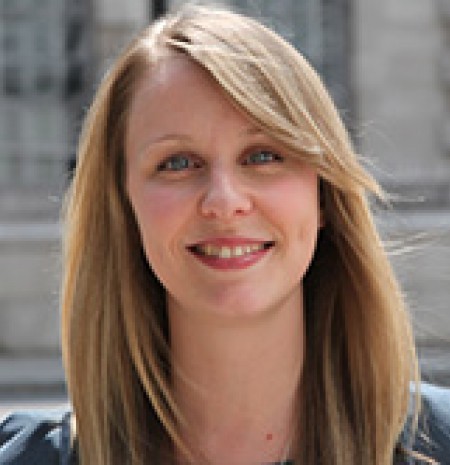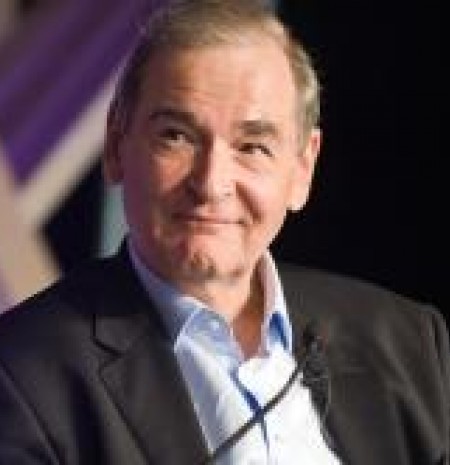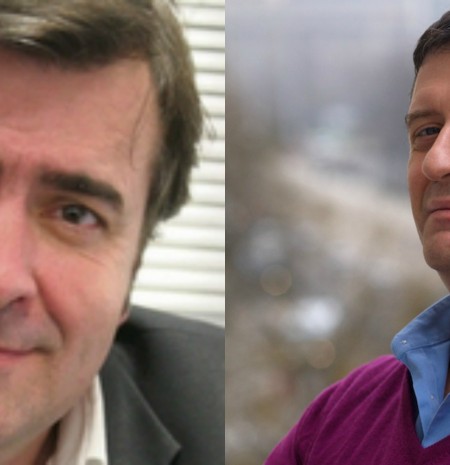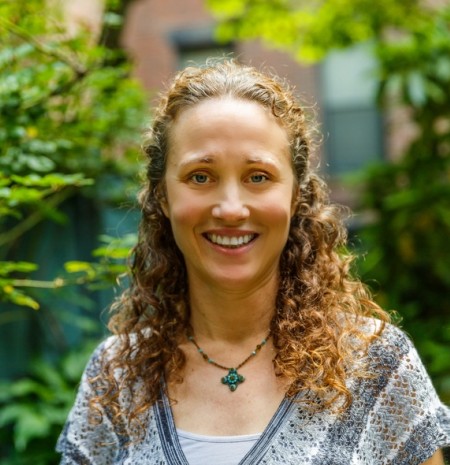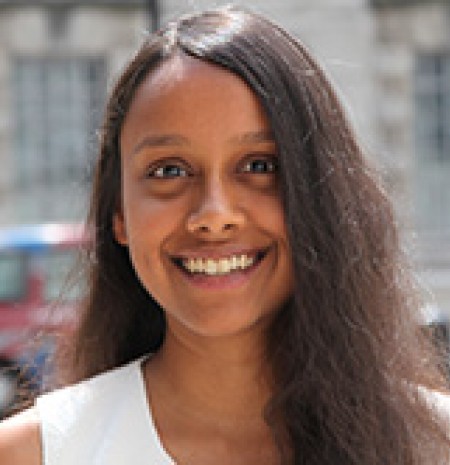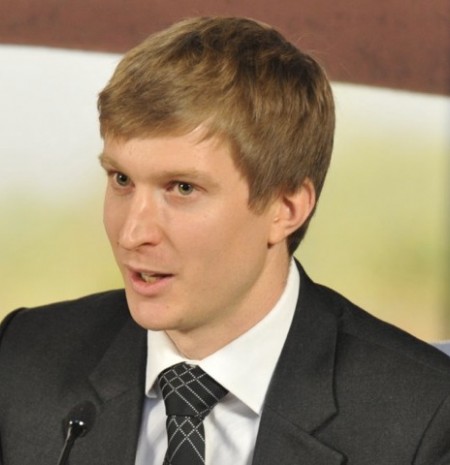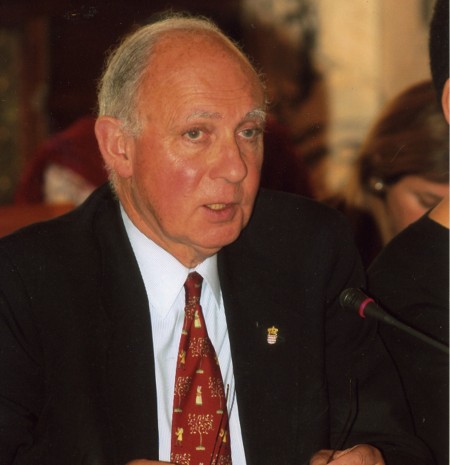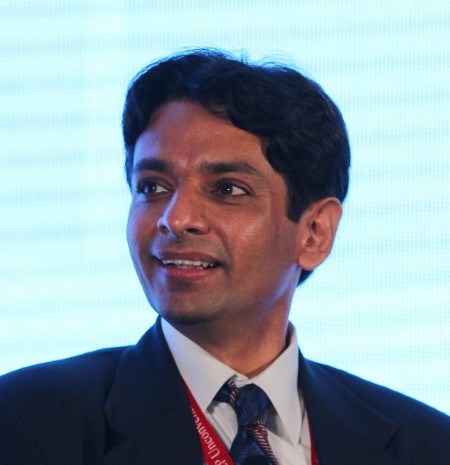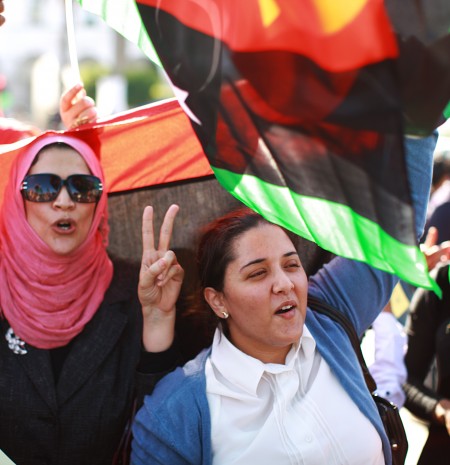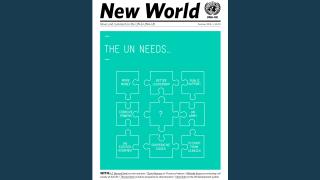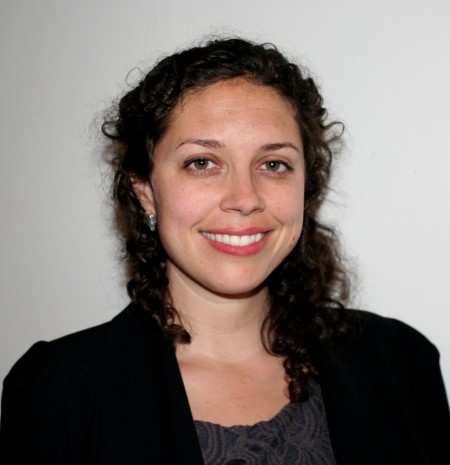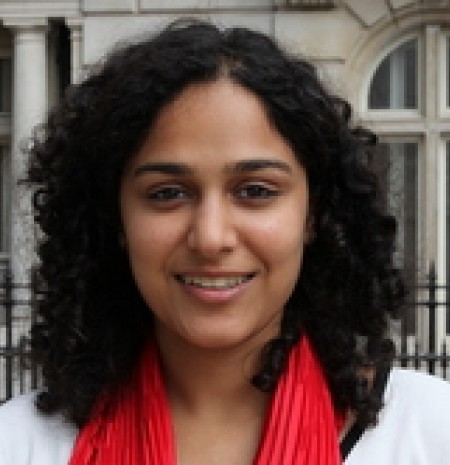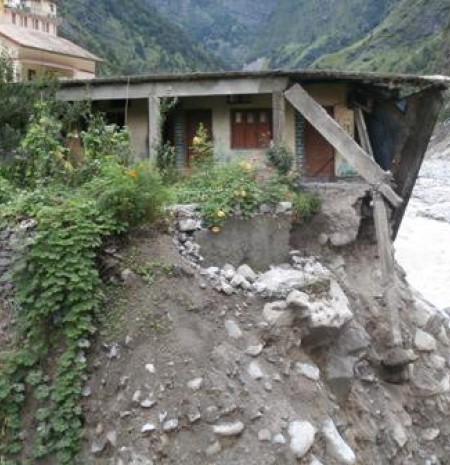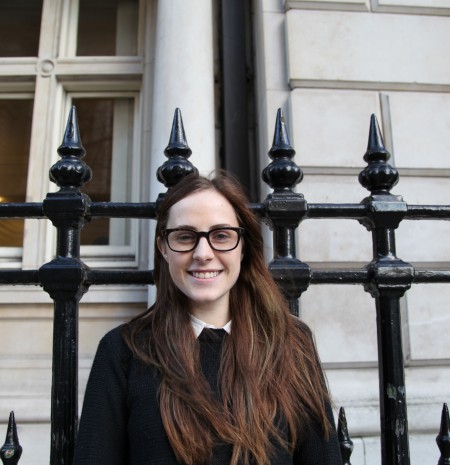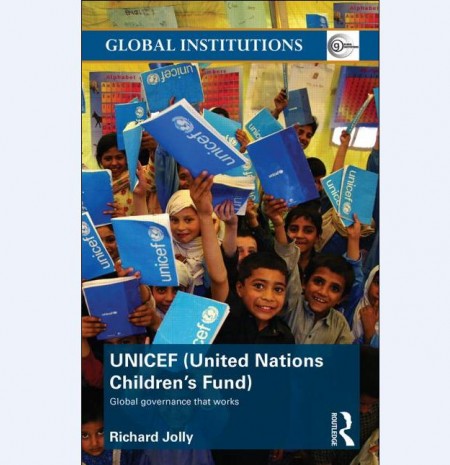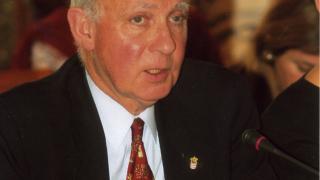
Convened in 2003 by then Secretary-General Kofi Annan, the High-Level Panel on Threats, Challenges and Change tasked 16 eminent persons from around the globe with assessing a diverse range of challenges to international peace and security.
The panel’s report, “A More Secure World: our Shared Responsibility”, formed the basis of the subsequent 2005 World Summit, crowning one of the UN’s most significant reform initiatives.
A decade on, New World editor Hayley Richardson quizzes panel member and former UNA-UK Chairman David Hannay on his experience of forging UN reform.
Why was the panel convened in 2003?
This took place at a time when, in the immediate aftermath of the invasion of Iraq without a Security Council mandate, the UN’s reputation was at its absolute lowest. This led to Kofi Annan declaring that the UN was at a fork in the road – we could either carry on business as usual and the UN becoming increasingly irrelevant or we could take a really careful look at how to make the UN more effective.
That was the challenge and no one on the panel had a difference of view about that. Everyone agreed that there were massive global challenges out there that couldn’t possibly be solved by individual countries alone. There was a lot of common ground on what needed to be done.
Your mandate didn’t explicitly include a consideration of UN reform. Why was that?
That was a wise move, I think, by Annan. The word “reform” had become grossly devalued over the years: every single idea put forward at the UN was always announced as a major reform. I think he also felt that had the request been made for reform proposals they would probably have been discounted before they arrived. Having said that, there was a degree of smoke and mirrors because of course reform was what we were trying to do.
The panel’s report included 101 proposals for action. Which of these did you deem most urgent?
I don’t think anybody’s ever ranked the proposals in any order of priority. It’s always a dangerous thing to do at the UN because people simply drop all the lower priority ones and proceed to give the death of a thousand cuts to the higher priority ones. Moreover, the recommendations weren’t just disparate ideas; they hung together and were related to each other. For example, the proposals we made regarding Security Council authorisation of the use of force were highly relevant to the circumstances in which military intervention under the Responsibility to Protect (R2P) might be approved.
Was there anything you wanted to include but couldn’t get in?
There were several things we didn’t include, which one or other members of the panel wanted, such as the idea of a UN standing military force, championed by Satish Nambiar, the Indian General who had commanded the UN force in Bosnia. A very small minority also wanted to pull back into the UN all the economic work which had left with the establishment of the International Financial Institutions. I think our feeling was that this was just not in the realm of the possible.
Security Council reform remains as elusive as ever. Rather than wholesale reform, is the gradual adaption of the dayto- day working methods the right way to advance this issue?
I think that you can make progress on working methods while making progress on the larger issue. The proposals we made for Council enlargement had a rather tortuous history. Annan began by hoping we would produce a single proposal on which he would put all his weight, but then, when it was leaked that we were likely to propose the idea of semi-permanent members – members with four-year renewable terms – which could act as a stepping stone to wider reform, he was pressed to include the option of new permanent members also. And so Annan asked us to produce two proposals, the second of which was for six new permanent members without the veto.
The subject was probably doomed anyway, but it certainly was more doomed when there were two proposals on the table instead of one. And I have to say that I think the chances of making progress on that now are quite a bit less than they were in 2005, so it was an opportunity missed. Most important were the successful efforts we made to ensure that if the proposals didn’t succeed, they didn’t take the rest of the recommendations down with them.
We also included in our recommendations that in cases of genocide or massive abuses of humanitarian law, there should be a kind of gentleman’s agreement among the permanent members not to use the veto. I’m very glad the French have now resuscitated the proposal (see page 10), and I very much hope that the British Government will support it.
Of the recommendations taken forward at the subsequent World Summit in 2005, the Peacebuilding Commission, the Human Rights Council and the endorsement of R2P were undoubtedly the most high-profile outcomes. Which in your opinion has made the biggest difference since?
They’ve all had their successes. The Peacebuilding Commission remains under-utilised and under-resourced and I believe that the UN needs to see how it could turn it into a more effective instrument, in particular in post-conflict peacebuilding.
R2P was the most surprising decision taken by the 2005 World Summit. I wouldn’t myself have given it much chance of getting through but it was unanimously endorsed. It is a work in progress – it needs above all to emphasise what more can be done in terms of prevention.
The Human Rights Council has been a modest success. Its Universal Periodic Review mechanism – under which every member state now has its human rights record assessed – has a lot of potential so long as it doesn’t become a purely routine operation. But it remains still one of the weakest parts of the UN with no enforcement powers.
How did your other proposals fare?
There were quite a lot of recommendations which weren’t taken forward at the time but which have subsequently been given effect (I like to think partly because our report recommended them). There was the call for a G20 group of developed and developing countries which has now belatedly come into being. There were a set of proposals for the UN to strengthen its approach to regional peacekeeping, which has since been carried out very effectively with the UN and the African Union now working together in much greater harmony in places like Somalia. There were proposals for smart sanctions, which are now more widely used. And there were calls for the conventional arms register to be made more effective; and now we have the Arms Trade Treaty which is a splendid initiative.
On the minus side there are a whole string of things: we wanted to get rid of the obsolete Military Staff Committee, the Trusteeship Council and references to “enemy states” in the UN Charter; our proposals for guidelines on the Security Council’s authorisation of the use of force were given short shrift; and then the whole set of recommendations on weapons of mass destruction were simply dropped in the wastepaper basket and it’s not yet been possible to fish them out again.
You’ve spoken of the difficulties the UN faced in 2005. In what ways do you think the environment for action has changed since then?
The Security Council I’m afraid is not in a good place at the moment. We’ve had the really miserable experience over Syria, in which every attempt to engage the Security Council effectively, apart from on the issue of chemical weapons, has failed.
We’ve also got to recognise that in certain parts of the world we are confronted with quasi-Cold War conditions. When it comes to Russia’s actions in the Ukraine, the UN can no more do anything now than at any time since 1945, and in the increasing tensions between China and Japan over conflicting claims in the South and East China Seas the same is true.
So in some parts of the world, but not everywhere, we’re back again in a situation like we were before the end of the 1980s, when some things are simply not worthbringing to the Security Council because you aren’t going to get any results.
In your book, New World Disorder, you say that the real risk for the future of the UN is that it remains “both indispensable and relatively ineffective”. Can you expand on that?
One of the interesting characteristics of the Security Council’s lamentable failings over Syria is that it is the rest of the UN system which has to mitigate the appalling consequences of that blockage. Even when the Security Council is being prevented from working as it should, it is the UN’s Refugee Agency, the World Health Organization, the Human Rights Council which are picking up the slack.
Finally, is it time for another panel to assess the next set of challenges for the UN?
There could be a case for another round of systemic reform in 10 or 15 years’ time. But it would not be a good thing to create another panel today – people get reform fatigue and it’s quite difficult to carry the thing through to a success. There is also a paradox built into the UN, which is that when it most needs reform you are least likely to have the right conditions which enable you to put the reforms in place, and when the Organization isn’t in crisis, nobody thinks it needs reform.
One area which does need addressing is the proliferation of state failures over the last 25 years which shows no signs of ceasing. After the end of the Cold War, state failure became the UN’s business, but nobody has ever sat down and said this is something we’re going to have to cope with for decades ahead and these are the sort of guidelines we’re going to use to approach this in a systematic way. I’ve always identified not doing so as one of the big failings of the UN in the 1990s when the potential to make major changes was there. It remains that way to this day.

